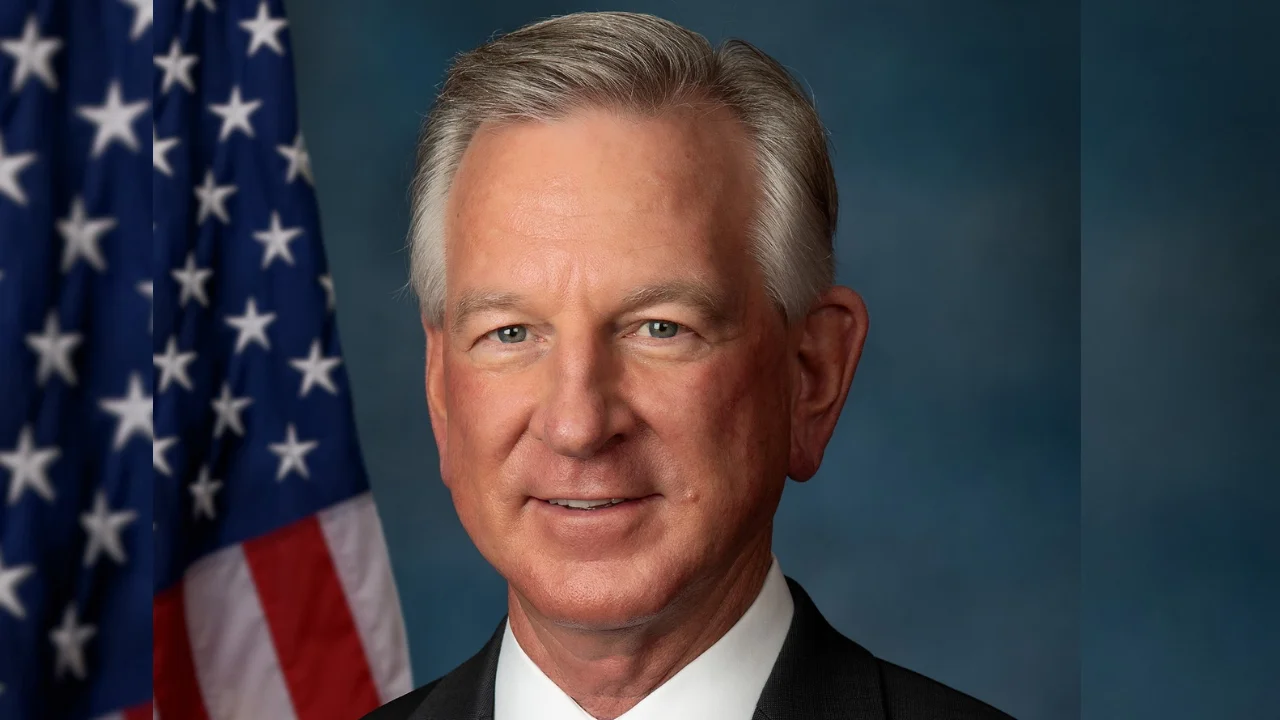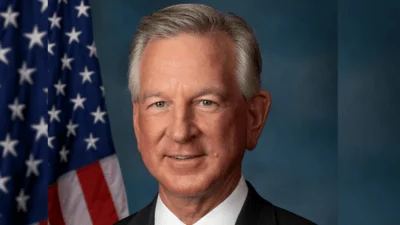US Senator for Alabama | US Senator for Alabama website
US Senator for Alabama | US Senator for Alabama website
U.S. Senator Tommy Tuberville (R-AL) participated in a Senate Special Committee on Aging hearing to discuss the need for increasing domestic pharmaceutical manufacturing. The session included testimony from Andrew Rechenberg, an economist at the Coalition for a Prosperous America, and Tony Paquin, President and CEO of iRemedy Healthcare, Inc.
During the hearing, Senator Tuberville questioned whether the United States currently has the resources to produce all necessary pharmaceuticals domestically if it were to close its borders. Rechenberg responded, "No, not currently. And that’s why in the TRQ plan that I’m proposing, we do work with trusted countries with regulatory standards equivalent to our own. And the FDA already recognizes this through mutual recognition agreements with the European Union, the United Kingdom, and Switzerland as well. And so, we do have enough capacity when working with trusted equivalent regulatory nations like that. But currently on our own, no, we do not. And that’s why we need to rebuild this capacity."
Senator Tuberville then asked if China would be required as a supplier under such a plan. Rechenberg stated, "No. We would not [have to use China]."
Tuberville highlighted Oxford Pharmaceuticals as an example of successful U.S.-based drug manufacturing and asked Paquin about competitiveness in this sector. Paquin said, "That’s correct, Senator. They are a very well run, significantly sized, highly-automated production facility in Birmingham, Alabama. And they really can produce pretty competitively. And I think sometimes we sort of misunderstand a little bit of the cost factor of these drugs. Amlodipine, for example, it costs about two cents a dose to manufacture, but it’s reimbursed by Medicare Part D at ten cents.
So actually the manufacturing cost is a very small part of the total cost that ends up going to the consumer [or] to the payer. And manufacturers like Oxford Pharmaceutical here in the United States can operate pretty competitively if they’re not a target of unfair competitive practices coming out of India."
When asked what changes could help level competition for companies like Oxford Pharmaceuticals in global markets dominated by imports from countries such as India and China, Paquin suggested prioritizing domestic production: "I think there’s really two [...] main things we can do... I think Andrew and the Coalition for Prosperous America made a good recommendation about quotas [being] based on the marketplace and not allowing a country like India to overwhelm our supply—thereby driving down the value of those drugs. And secondly is—the VA and U.S Government should really prioritize domestic manufacturing over foreign manufacturing."
Paquin also addressed challenges faced by domestic producers losing contracts: "Well first off I would say it doesn’t work very well in terms of recognizing national security implications... Those contracts that they recently lost were probably lowest price technically acceptable type contracts... All generic drugs I would argue are not equivalent—a generic drug manufactured in Birmingham Alabama is probably going to be much higher quality and reliable than one made somewhere in India where we don’t have good access..."
Rechenberg explained how tariff-rate quota systems could support U.S.-based pharmaceutical production: "Yes absolutely... The main cause of supply shortages right now is disruptions to these very few sole manufacturers in China and India... If we give market space for U.S producers through a tariff rate quota system it encourages companies to invest in U.S.... Over time it will bring back and diversify our supply base which will lead to less shortages..."
Senator Tuberville serves on several committees including Armed Services; Agriculture; Veterans’ Affairs; HELP; and Aging.



 Alerts Sign-up
Alerts Sign-up